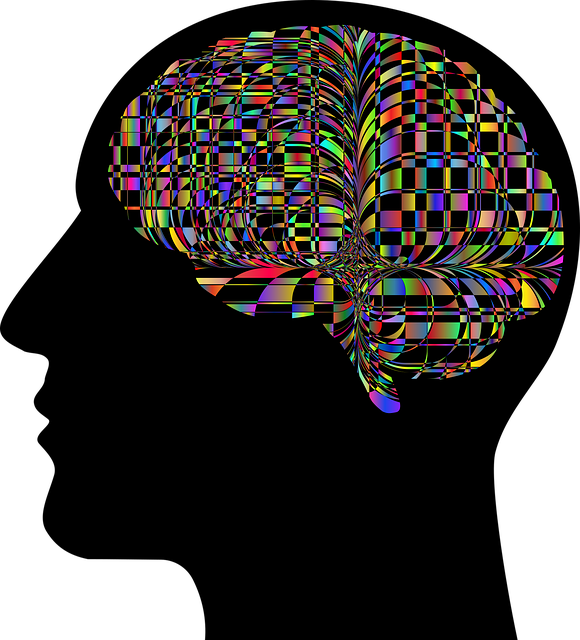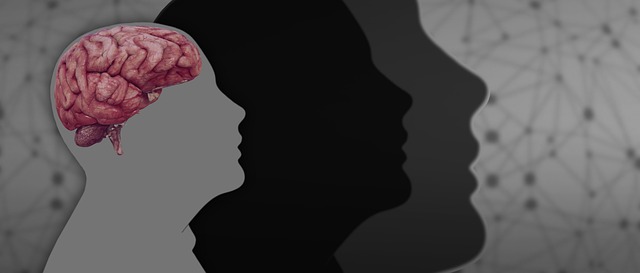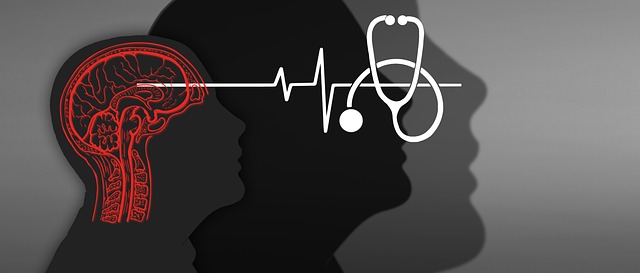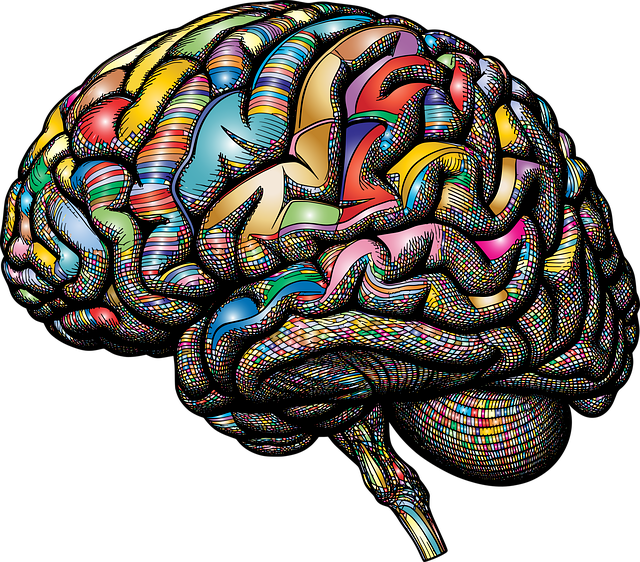Westminster Domestic Violence Therapy fills a gap in accessible self-assessment tools for mental wellness, offering innovative solutions combining personal growth and conflict resolution techniques. Their tools help individuals early detect and intervene on mental health issues, improve emotional insights, communication, and healthier relationships, especially in domestic violence contexts. By covering emotional well-being, stress management, coping strategies, and social support, these tools provide a holistic view of psychological states. Culturally sensitive and promoting self-reflection, they encourage open communication and resilience building. This approach supports emotional healing, confidence-building, and crisis intervention guidance tailored to diverse needs, making it a valuable resource for professionals and individuals seeking proactive mental health measures.
Mental wellness self-assessment tools play a pivotal role in promoting individual awareness and fostering proactive mental health management. This article explores the development of such tools, highlighting the growing necessity for accessible, user-friendly resources. We delve into key components that ensure effectiveness, drawing inspiration from proven therapeutic models like Westminster Domestic Violence Therapy. By understanding the need and implementing strategic design, these tools can revolutionize self-care practices, enabling individuals to take charge of their mental wellness.
- Understanding the Need for Self-Assessment Tools in Mental Wellness
- Key Components of Effective Mental Wellness Self-Assessment Tools
- Developing and Implementing a Tool Inspired by Westminster Domestic Violence Therapy
Understanding the Need for Self-Assessment Tools in Mental Wellness

In today’s fast-paced world, prioritizing mental wellness is more crucial than ever. However, many individuals struggle to identify and address their mental health concerns due to lack of accessible tools for self-assessment. This gap highlights the pressing need for effective self-assessment tools that empower people to take charge of their mental well-being. Westminster Domestic Violence Therapy recognizes this need and has been at the forefront of developing innovative solutions, focusing on both personal growth and conflict resolution techniques within the context of mental wellness.
Self-assessment tools play a pivotal role in early detection and intervention for various mental health issues. They offer individuals an opportunity to gain insights into their emotional states, behaviors, and thought patterns. Moreover, these tools can equip people with essential communication strategies to articulate their feelings effectively. By integrating conflict resolution techniques, self-assessment becomes a dynamic process that fosters healthier relationships and enhances overall well-being, especially for those facing domestic violence or related challenges.
Key Components of Effective Mental Wellness Self-Assessment Tools

Effective mental wellness self-assessment tools should encompass several key components to accurately gauge an individual’s psychological state and provide valuable insights for improvement. Firstly, a comprehensive assessment must include questions or tasks that explore various aspects of mental health, such as emotional well-being, stress management, coping strategies, and social support networks. This holistic approach allows for a more nuanced understanding of one’s mental wellness, especially when addressing complex issues like those often encountered in Westminster Domestic Violence Therapy settings.
Additionally, the tools should be designed with sensitivity and cultural awareness to cater to diverse populations. Incorporating features that promote self-reflection and encourage open communication is essential. For instance, encouraging users to identify their strengths and resources can boost confidence and self-esteem, aligning with goals of improvement programs like Community Outreach Program Implementation. Such assessments can empower individuals to take charge of their mental wellness journey, fostering a sense of agency and resilience.
Developing and Implementing a Tool Inspired by Westminster Domestic Violence Therapy

The development of a mental wellness self-assessment tool inspired by Westminster Domestic Violence Therapy offers a promising approach to supporting individuals’ emotional healing processes. This innovative concept leverages the proven effectiveness of therapy models, such as those employed in domestic violence cases, to create a comprehensive and accessible assessment. By integrating key elements from this therapeutic framework, the tool can provide valuable insights into an individual’s mental health status, particularly focusing on resilience, coping mechanisms, and potential areas for improvement.
Implementing a self-assessment modeled after Westminster Domestic Violence Therapy has the potential to offer crisis intervention guidance tailored to diverse user needs. It empowers individuals to take an active role in their mental wellness journey by facilitating self-reflection and promoting personal growth. The tool’s ability to address emotional trauma, build confidence, and provide direction for further support makes it a valuable resource for mental health professionals and those seeking proactive measures to maintain or improve their psychological well-being.
Mental wellness self-assessment tools play a pivotal role in empowering individuals to take charge of their mental health. By incorporating essential components such as user-friendly interfaces, validated scales, and comprehensive feedback mechanisms, these tools can facilitate early detection and intervention. The development process, as illustrated by the Westminster Domestic Violence Therapy approach, emphasizes the importance of evidence-based design and collaborative input from stakeholders. As we navigate an increasingly digital landscape, such innovative self-assessment tools have the potential to revolutionize mental wellness support, making it more accessible and effective for folks seeking help.














